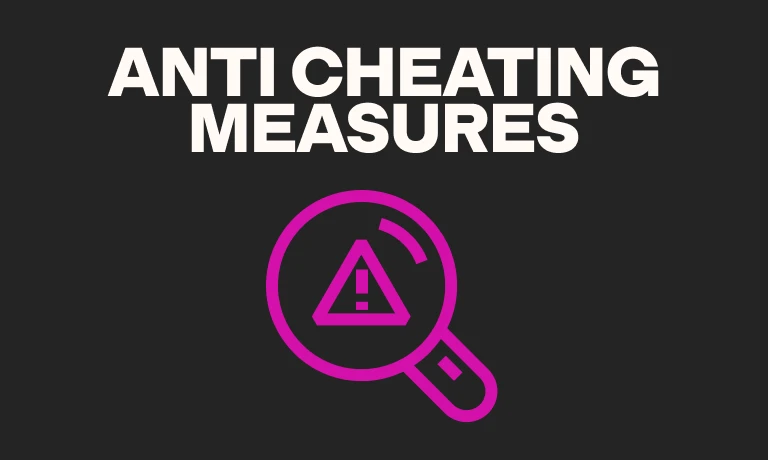Blog
Your HR and recruitment insights, templates, guides, and more. By real people, for real people teams
Select a topic to see relevant articles
"But how do we actually do this?"
We often hear this question after companies see the compelling ROI of skills-based hiring. You're convinced by the numbers, energized by the potential, but now comes the real challenge: implementation.
You don't need to reinvent your entire hiring process overnight. Companies that successfully transition to skills-based hiring typically follow a methodical approach that builds momentum through early wins.
Let's break down exactly how you and your teams can move from traditional hiring to a skills-first approach – without disrupting your ongoing recruitment needs.
The best insights on HR and recruitment, delivered to your inbox.
Biweekly updates. No spam. Unsubscribe any time.

Hire the best candidates with TestGorilla!
Create talent assessments in minutes to screen candidates, save time, and hire the best talent.

























